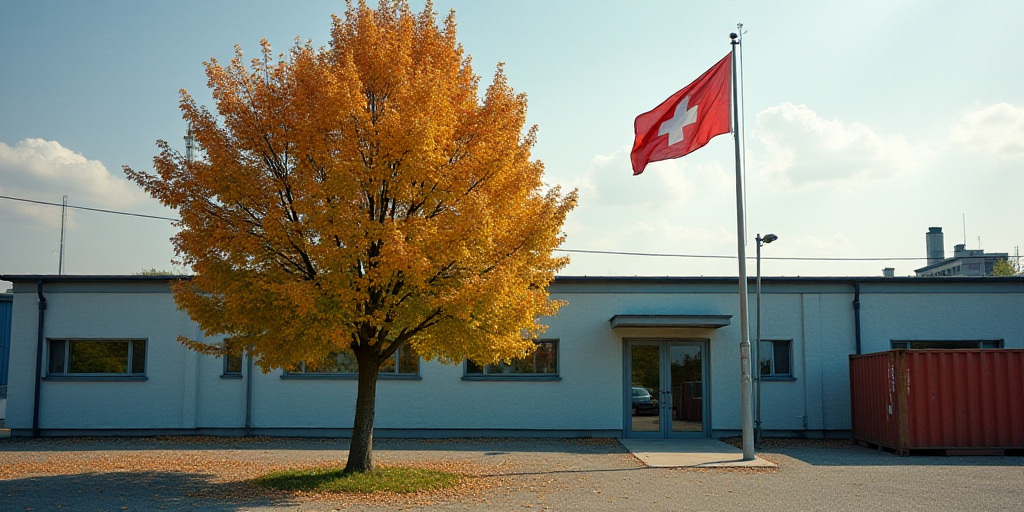Overview of the Situation
German business confidence saw a slight improvement in August, with companies in Europe’s leading economy feeling relieved after the US-EU trade agreement reduced uncertainty. The Ifo Institute’s business climate indicator rose to 89 points from 88.6 points in July, marking its eighth consecutive increase and the highest level since April 2024.
Key Players and Their Roles
Donald Trump, the US president, and Ursula von der Leyen, the European Commission president, announced a trade agreement in late July to prevent a full-blown trade war. Under this agreement, most EU products face a 15% tariff.
Despite criticism that the deal is not favorable for the EU, Elmar Voelker, an analyst at LBBW bank, stated that businesses generally welcomed the increased certainty. He noted, “Companies are placing more emphasis on the positive aspect of greater predictability rather than the undeniable burden of higher tariffs.”
Impact on German Businesses
Although confidence remained stable or slightly cooler for most businesses, the confidence among manufacturers of capital goods improved significantly. Companies assessed their current situation slightly worse than the previous month, but future expectations saw a notable uptick to 91.6 points from 90.8 points.
Recent Developments and Challenges
German business confidence has benefited in recent months following Chancellor Friedrich Merz’s appointment, who pledged substantial additional spending on defense and infrastructure to boost the stagnant economy.
However, significant challenges remain. The German production data for the second quarter was revised downward last week to -0.3% from a previous estimate of -0.1%, marking the first complete quarterly decline since Trump began imposing tariffs in April.
Key Questions and Answers
- What is the Ifo business climate indicator? The Ifo business climate indicator is a monthly survey conducted by the Ifo Institute that measures German businesses’ perceptions of their current situation and future expectations.
- Who are Donald Trump and Ursula von der Leyen, and what is their agreement about? Donald Trump is the US president, while Ursula von der Leyen is the European Commission president. They announced a trade agreement in late July to avoid a full-scale trade war, imposing a 15% tariff on most EU products.
- How did German businesses react to the trade agreement? Despite criticism, German businesses generally welcomed the increased certainty brought by the trade agreement. They focused more on the positive aspects of greater predictability rather than the burden of higher tariffs.
- What challenges does the German economy face? The German economy faces significant challenges, including a revised downward production data for the second quarter (-0.3% from -0.1%) and a stagnant economy that requires substantial spending on defense and infrastructure to stimulate growth.






